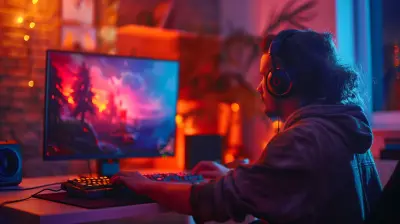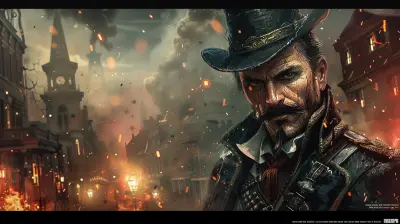The Ethical Dilemmas of PlayStation's Most Thought-Provoking Games
27 June 2025
When we think of video games, we often imagine fast-paced action, jaw-dropping graphics, and heart-pounding multiplayer showdowns. But PlayStation has built a library of titles that go way beyond the usual shoot-em-ups. Some games force us to put the controller down—not because we’re bored, but because we’re sitting there questioning our own sense of right and wrong.
Yep, gaming has come a long way. From mindless button mashing to mind-bending moments that make you ask, “Wait… did I just do the wrong thing… on purpose?” PlayStation in particular has become a hub for these ethically complex stories. Let’s dig into this digital moral playground and explore the ethical dilemmas of PlayStation’s most thought-provoking games.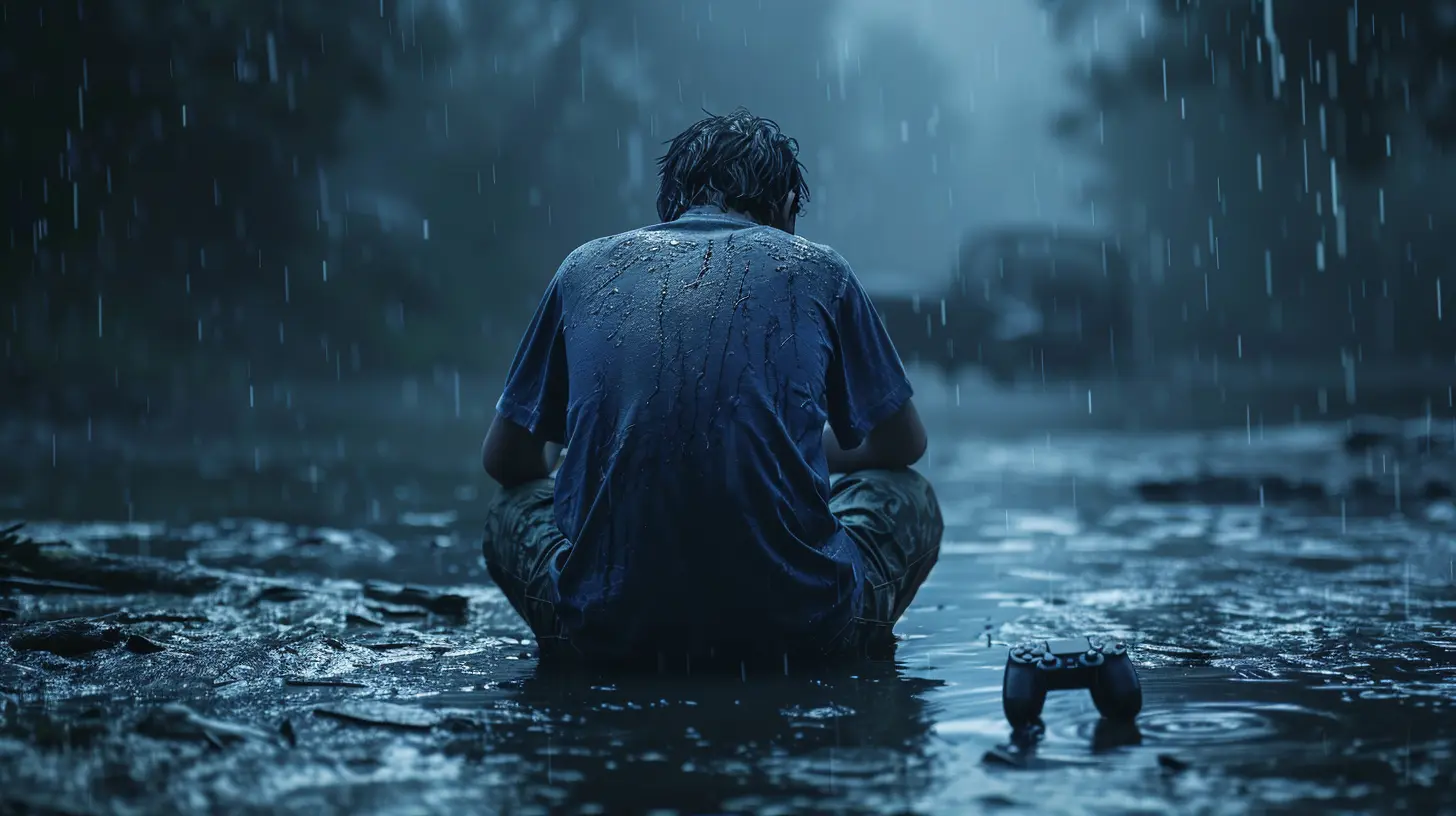
Why Ethics in Gaming Actually Matters
Now, you might be thinking, “C’mon, it’s just a game!” And hey, I get it. But the truth is, games can leave a lasting impact—just like movies or books. When a game plops you in the middle of a gut-wrenching decision, it doesn’t just entertain you. It challenges your beliefs.Ethical decision-making in video games isn't just about good vs. evil either. It’s often about choosing the "least bad" option, or making a call when every possible path comes with consequences. The best part? You're not passively watching someone else make these calls. You're the one in the hot seat.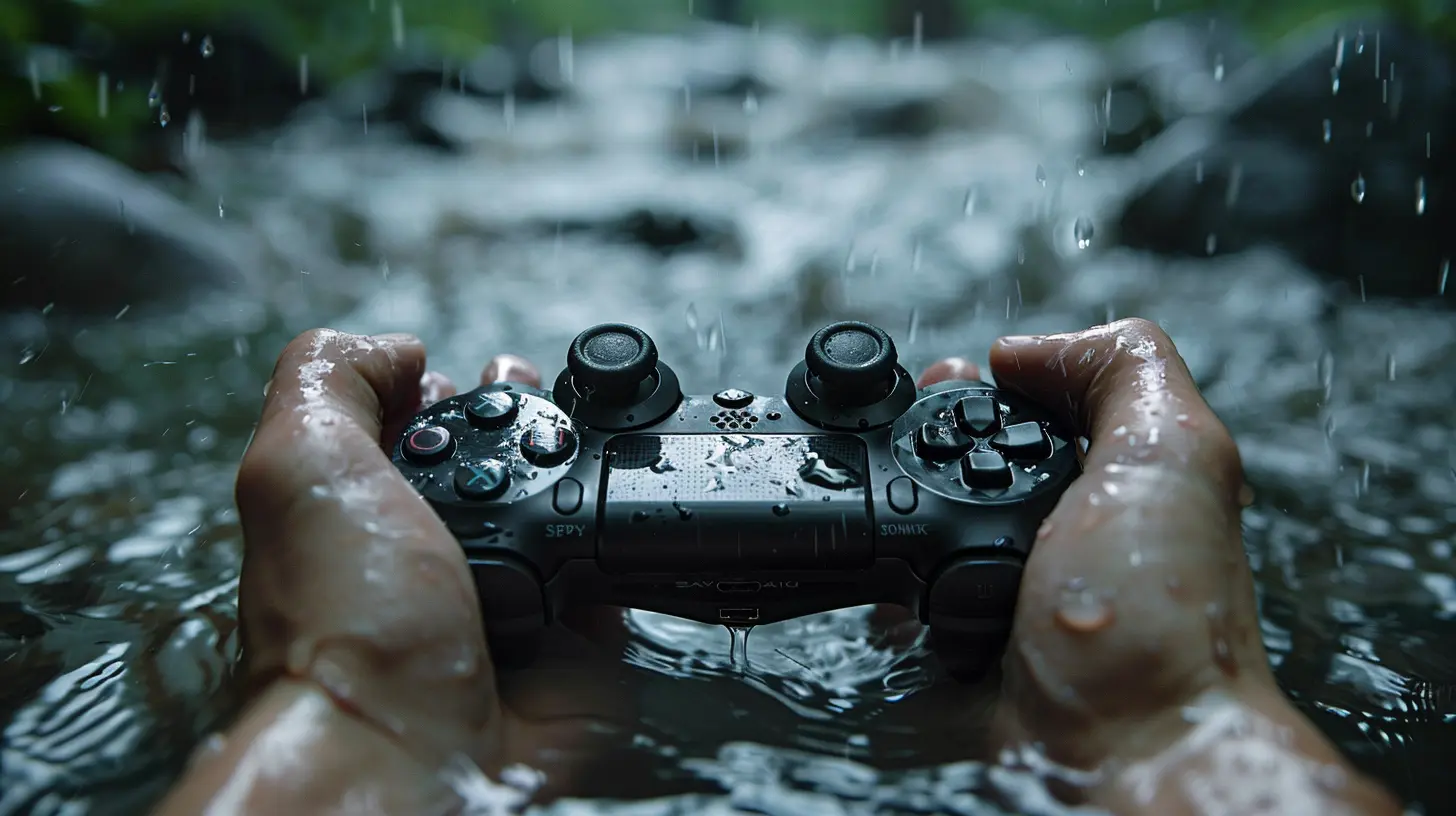
1. The Last of Us Part II – Revenge vs. Redemption
Let’s kick things off with the emotionally pulverizing masterpiece—The Last of Us Part II. This sequel from Naughty Dog threw players into a world that was as morally gray as it gets.The Dilemma
Ellie, our main character, is out for revenge. And who could blame her? But as the story unfolds, we’re forced to see the other side. The game literally makes you play as Abby—the woman Ellie wants to kill.Here’s the twist: Abby’s not a monster. She’s human, with her own scars, grief, and rage. Suddenly, this whole revenge plot starts to feel... wrong. It’s not black and white.
Why It Messes With Your Head
By making us step into the shoes of both characters, the game flips our moral compass. You end up questioning the concept of “justice” entirely. Is Ellie right to chase vengeance? Is Abby evil for doing what she did? Or are they both just lost souls trying to survive?The Takeaway
You walk away realizing that sometimes, there is no "right" choice—just painful ones.
2. Detroit: Become Human – Freedom, Fear, and Free Will
Imagine a world where androids do everything—cook, clean, take care of the kids. But what happens when these androids start to “feel” and want rights?The Dilemma
In Detroit: Become Human, you control three androids, each with entirely different experiences. The central question? Can artificial intelligence be more than just programmed machines? And if so, do they deserve freedom?You’ll face tough choices like: Do you risk war to gain equality? Do you remain peaceful and risk being crushed? Do you sacrifice one for many?
Player Accountability
The cool (and terrifying) part? Everything you do counts. Your choices influence public opinion, impact relationships, and can even lead to peace… or total chaos.What It Says About Us
This game acts like a digital mirror. It reflects real-world issues like racism, civil rights, and what it means to be “human.” The ethical dilemmas about control, consciousness, and power hit hard—and it’s impossible to not draw parallels to the real world.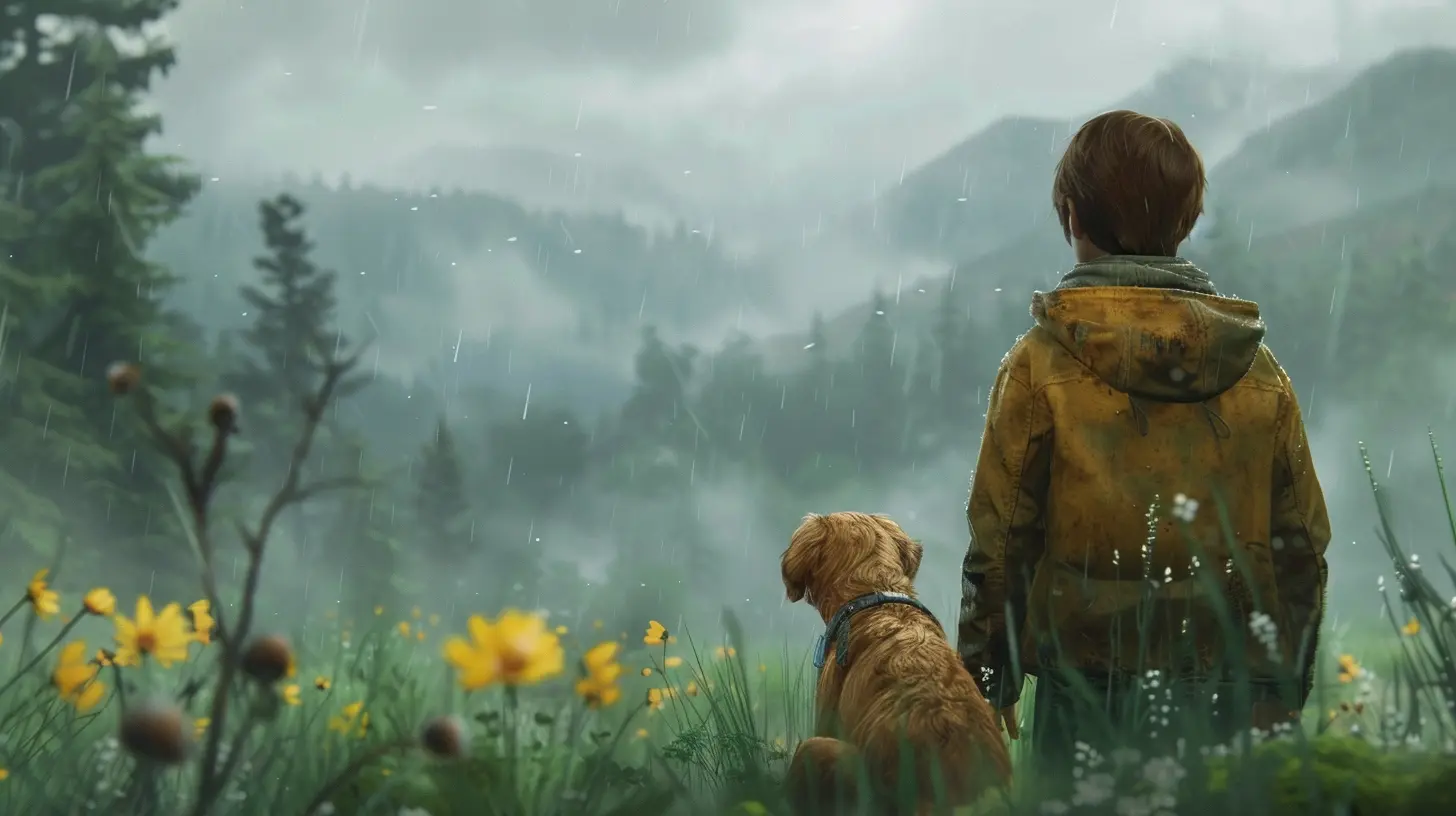
3. Until Dawn – Survival of the Fittest (or the Kindest?)
Until Dawn is a horror game, sure, but it’s not just about monster scares. This one plays the psychological card and makes you the puppet master of a group of teens stuck on a snowy mountain.The Dilemma
As the story unfolds, you’re faced with cruel decisions. Do you save one friend and let another die? Do you tell a lie to spare someone’s emotions? Every decision changes who lives and who dies by the end.It's like a twisted chessboard powered by your ethics. Do you do what’s “right,” or do you act out of fear? Can you live with the consequences of leaving someone behind?
Butterfly Effect in Full Force
The real kicker? Even the smallest choice can snowball into disaster. That one time you chose silence instead of speaking up? Yeah, that might come back to haunt you—literally.4. Heavy Rain – The Morality of Sacrifice
Have you ever asked yourself how far you’d go to save someone you love? In Heavy Rain, that question isn’t hypothetical—it’s your mission.The Dilemma
You play as a father trying to save his kidnapped son from a serial killer. But here's the kicker: To rescue him, you have to complete a series of trials that test your morals to their limits.Would you kill a man if it meant saving your child? Cut off your own finger? Confess to a crime you didn’t commit?
Psychological Pressure Cooker
Heavy Rain puts you in a constant state of anxiety. These aren’t just “game choices”—they feel like real-life moral crises. There's no red or blue pill here. Just a wall of gray.5. Ghost of Tsushima – Honor vs. Strategy
Feudal Japan meets open-world elegance in Ghost of Tsushima. But behind all the swordplay and cinematic beauty lies a deeper question: Is it better to stick to tradition or adapt to survive?The Dilemma
As samurai Jin Sakai, you’re trained to fight with honor. But when your homeland is invaded, fighting fair might not be enough. So you’re faced with a gut-wrenching choice—abandon the samurai code or risk total defeat?Inner Conflict
As Jin begins to use stealth tactics and assassination, he’s viewed as a traitor by his own people. But he does it to protect them. That internal tug-of-war between loyalty and morality is what makes this game unforgettable.6. Infamous: Second Son – Power and Responsibility
This one’s a bit different but no less thought-provoking. In Infamous: Second Son, you play as Delsin Rowe, a superpowered dude in a world that fears people like him.The Dilemma
The game gives you the power—and the choice. You can be a hero loved by the people or a feared villain who gets results. But here’s the twist: Both paths make sense.Help others and risk getting betrayed... or take control and protect yourself at all costs.
Ending the Way You Chose
Your actions shape the ending of the game. Which means you're not just making in-game decisions, you're deciding what kind of person you want to be—even if it's only in pixels.Why PlayStation Keeps Nailing Ethical Storytelling
So, what is it about PlayStation that draws in developers who love to twist our moral compass?It’s the Focus on Narrative
PlayStation exclusives are often built around powerful stories. The gameplay is important, sure, but it’s the emotional weight that pulls us in—and keeps us up at night wondering what we could’ve done differently.It Gives Players Real Control
These games don’t just tell you a story. They let you live it. They trust you to make the hard calls and sit with the consequences. That’s more powerful than any plot twist.Why These Games Stick With You
The biggest takeaway? Choices in these games aren’t just mechanics. They’re reflections—on humanity, compassion, fear, loyalty, and so much more.They teach us lessons. Maybe not in a textbook sense, but in a way that stays with you long after you’ve shut off the console.
They prove that video games can be art. Not just fun. Not just pixels. But stories filled with raw emotion, tough decisions, and unforgettable moments.
Final Thoughts: What Would YOU Do?
The beauty of these games lies in how personal they feel. They give us the space to explore different versions of ourselves—sometimes the versions we didn't even know existed.So the next time you find yourself stuck on a late-night gaming session, controller in hand, staring down a decision you really don’t want to make… just know you’re not alone. We've all been there, wondering if we made the "right" call—or if such a thing even exists.
Because when it comes to the ethical dilemmas in PlayStation’s most thought-provoking games, the only rule is: there are no easy answers.
all images in this post were generated using AI tools
Category:
PlaystationAuthor:

Emery Larsen
Discussion
rate this article
2 comments
Sylas Rogers
Exploring ethical dilemmas in gaming is essential. PlayStation's thought-provoking titles challenge players, fostering critical thinking and moral reasoning. Let's embrace these narratives for deeper engagement and understanding.
September 12, 2025 at 3:12 AM

Emery Larsen
Absolutely! Engaging with these narratives not only enhances gameplay but also encourages players to reflect on their values and decisions.
Elle Parker
Great insights on the intricate balance between gameplay and ethics! It’s fascinating how these dilemmas challenge players to think deeply about their choices. Keep exploring these thought-provoking themes; they elevate our gaming experience and encourage meaningful conversations!
July 4, 2025 at 4:42 PM

Emery Larsen
Thank you! I'm glad you found the discussion on gameplay and ethics engaging. I appreciate your encouragement to explore these themes further!

